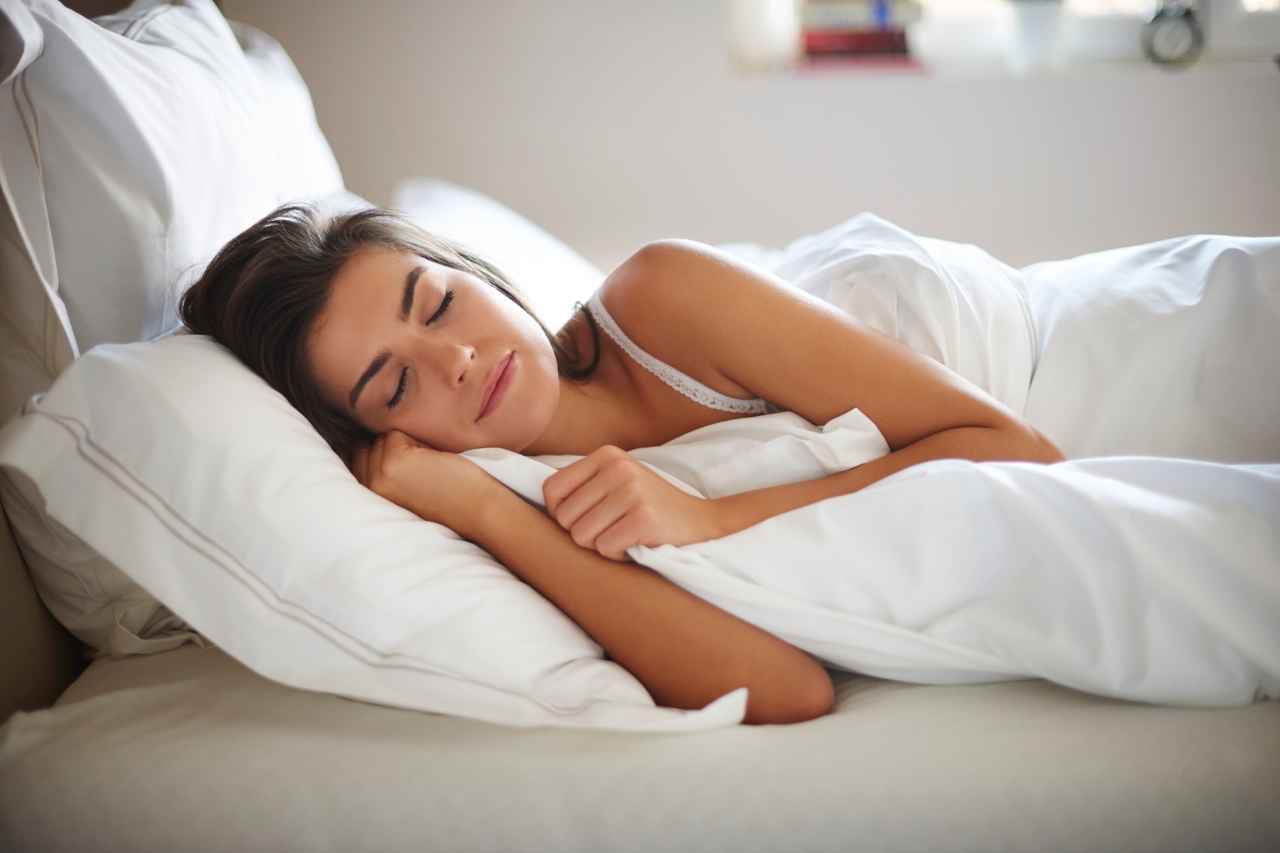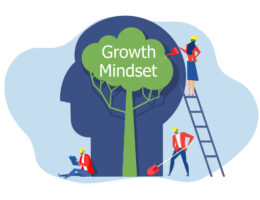This post was published by The Benjamin Hotel.
Do you find yourself dragging in the afternoon?
Do you have difficulty focusing to solve a problem?
Is it hard for you to get out of bed when the alarm goes off?
Are you experiencing more negative moods than usual?
These can all be signs that you aren’t getting enough sleep, and you aren’t alone if you are experiencing them. On average, American adults sleep an hour less at night than their bodies and brains need for peak performance. We asked Rebecca Robbins, PhD, a sleep researcher at NYU and consultant for The Benjamin’s “Rest & Renew” program, to give us some science-approved “sleep hacks” – small, easy changes for better sleep that can have an almost immediate payoff in terms of alertness and mood. No matter where you live you can benefit from these tips, but for New Yorkers, surrounded by a city constantly in motion, they are even more essential.
Get that Workout in Earlier
Exercise is a great, healthy habit, but exercising too close to bedtime can actually hurt your ability to fall asleep. Exercise raises core body temperature and a cooler body temperature is more conducive to falling asleep. Finishing your workout at least three hours before bedtime is the ideal.
Eat a Light Dinner
Eating a rich, heavy meal before bedtime means your body is focused on digestion, not rest. Try to consume more of your calories earlier in the day, at breakfast and lunch, while you are still in the active part of your day. It is also a myth that foods with tryptophan will help you sleep. You would have to eat huge amounts of turkey to see any effect. The best dinner for sleep is vegetables and lean protein, consumed at least three hours before bedtime.
Say Goodnight to Your Devices Before Dark
Checking your emails or Facebook right before bed can hurt your ability to fall asleep in three ways. First, studies show that looking at Facebook can cause us to compare our lives to those we see online, making us feel sad or inadequate – not the right mindset for slipping into deep sleep. Work emails can also trigger stress and get the mind revved up, rather than helping it to wind down. Second, the artificial light from your electronic devices confuses your Circadian rhythms and convinces your body that it’s earlier in the day than it actually is. Last but certainly not least, if you are at all addicted to web surfing, it’s easy to move from site to site and let time really get away from you. Next thing you know, an hour has passed and you are shortchanged an hour of sleep because you just had to take the survey “Which Kardashian are you?”
Create a Soothing Pre-Bed Ritual
Creating a pre-bed ritual or habit can help you wind down and drop off. Taking a shower with a soothing lavender body soap, reading a chapter of a book, or doing a favorite yoga pose are great choices to wind down. Be consistent about your bedtime and your pre-bed routine and you are well on your way to a good night’s sleep.
Do the “15-Minute” Experiment
Make your bedtime just 15 minutes earlier tonight and see how it affects you. If it improves your mood and alertness, consider adding another 15 minutes until you find that your afternoon energy crash – and actual, soul-crushing despair when the morning alarm goes off – are things of the past.
To maintain, and even build upon, your great new sleep habits while you travel, book a stay at The Benjamin next time you are in New York. Rebecca Robbins, PhD created the Benjamin’s pillow menu to guide guests in choosing a quality pillow (as featured in The New York Times) that suits their natural sleep position. Other amenities to help improve your rest at the hotel include work-down reminder calls, white noise machines, sleep masks, earplugs and even a lullaby music library.
More tips from sleep expert Rebecca Robbins
The IAW NY Chapter presented an event at the Benjamin Hotel last week that provided insights on how to find career success. During this event, Rebbecca Robbins joined us to offer tips on how we can all maximize our working success by improving the quantity and quality of sleep. Check out her tips in the video below.




